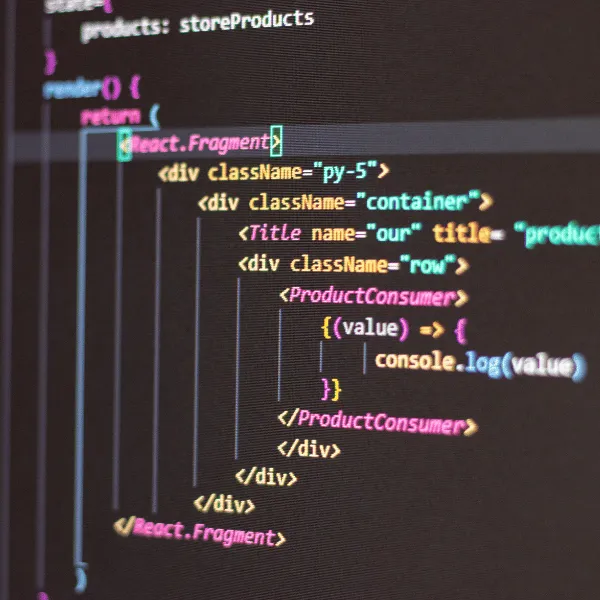Are you looking for ways to save money and improve your financial situation? Mortgage refinancing could be the solution you've been searching for. Refinancing involves replacing your existing mortgage with a new one, potentially offering a lower interest rate, reduced monthly payments, and other advantages.
Refinancing can be a smart move for homeowners who want to:
- Lower their monthly mortgage payments: Refinancing to a lower interest rate can significantly reduce your monthly housing expenses, freeing up cash flow for other financial goals.
- Consolidate debt: Combining multiple debts into a single, lower-interest mortgage payment can simplify your finances and potentially save you money.
- Cash-out: Refinancing can provide access to equity built up in your home, which you can use for home improvements, education expenses, or other financial needs.
- Shorten the loan term: Refinancing to a shorter loan term can help you pay off your mortgage faster, reducing the total interest paid over time.
Whether you're looking to save money, improve your cash flow, or achieve other financial goals, mortgage refinancing offers a range of potential benefits. In this article, we'll delve into the different types of refinancing options, the factors to consider, and the steps involved in the refinancing process. By understanding the benefits and process of mortgage refinancing, you can make an informed decision that can unlock significant savings and improve your financial well-being.
Discover the Benefits of Mortgage Refinancing | Save Money and Lower Your Payments
What is mortgage refinancing?
Mortgage refinancing is the process of replacing your existing mortgage with a new one, potentially with a different interest rate, loan term, or lender. Refinancing can be a smart financial move for homeowners who want to save money, improve their cash flow, or achieve other financial goals.
What are the benefits of refinancing?
There are several potential benefits to refinancing your mortgage, including:
- Lower monthly payments: Refinancing to a lower interest rate can significantly reduce your monthly housing expenses, freeing up cash flow for other financial goals.
- Consolidate debt: Combining multiple debts into a single, lower-interest mortgage payment can simplify your finances and potentially save you money.
- Cash-out: Refinancing can provide access to equity built up in your home, which you can use for home improvements, education expenses, or other financial needs.
- Shorten the loan term: Refinancing to a shorter loan term can help you pay off your mortgage faster, reducing the total interest paid over time.
- Improve your credit score: Refinancing to a lower interest rate can improve your credit utilization ratio, which can positively impact your credit score.
What are the different types of refinancing?
There are two main types of refinancing:
- Rate-and-term refinance: This type of refinance changes the interest rate and/or loan term of your existing mortgage. It can be used to lower your monthly payments, shorten the loan term, or both.
- Cash-out refinance: This type of refinance allows you to borrow against the equity in your home, providing you with a lump sum of cash. It can be used for a variety of purposes, such as home improvements, debt consolidation, or education expenses.
How do I know if refinancing is right for me?
Refinancing can be a beneficial financial move for many homeowners, but it's not always the right decision. Consider refinancing if you:
- Have a good credit score and a stable income
- Can qualify for a lower interest rate than your current mortgage
- Plan to stay in your home for several more years
- Want to lower your monthly payments, consolidate debt, or access equity in your home
What are the steps involved in refinancing?
The refinancing process typically involves the following steps:
- Get pre-approved for a new mortgage: This will give you an idea of the interest rates and loan terms you qualify for.
- Compare loan offers from multiple lenders: Be sure to compare interest rates, fees, and other loan terms to find the best deal.
- Lock in your interest rate: Once you've found a loan you're happy with, lock in your interest rate to protect yourself from rising rates.
- Submit your loan application: The lender will need to verify your income, assets, and credit history.
- Close on your new mortgage: Once your loan is approved, you'll need to sign the closing documents and pay any closing costs.
Is refinancing right for me?
Refinancing can be a smart financial move for many homeowners, but it's not always the right decision. Consider your individual financial situation and goals before deciding whether or not to refinance. If you have any questions or concerns, be sure to speak with a qualified mortgage professional.
FAQ
Q: What are the costs associated with refinancing?
A: The costs of refinancing can vary depending on the lender and the type of loan you choose. However, common costs include:
- Loan origination fee
- Appraisal fee
- Title search fee
- Recording fee
- Attorney fees (in some cases)
Q: How long does the refinancing process take?
A: The refinancing process typically takes 30-60 days from start to finish. However, the timeline can vary depending on the lender and the complexity of your loan.
Q: Can I refinance my mortgage if I have bad credit?
A: It is possible to refinance your mortgage even if you have bad credit, but you may have to pay a higher interest rate. Lenders will consider your credit score, debt-to-income ratio, and other factors when evaluating your application.
Q: What are the benefits of refinancing to a shorter loan term?
A: Refinancing to a shorter loan term can help you pay off your mortgage faster and save money on interest over time. However, your monthly payments will be higher than they would be with a longer loan term.
Q: Is it possible to refinance my mortgage into a different type of loan, such as an FHA loan?
A: Yes, it is possible to refinance your mortgage into a different type of loan. However, you will need to meet the eligibility requirements for the new loan program.
Q: What is the debt-to-income ratio and how does it affect my ability to refinance?
A: Your debt-to-income ratio is the percentage of your monthly income that goes towards paying off debt. Lenders will use your debt-to-income ratio to determine your eligibility for refinancing and the interest rate you qualify for. A lower debt-to-income ratio will improve your chances of getting approved for a refinance with a favorable interest rate.
Conclusion
Refinancing your mortgage can be a smart financial move for many homeowners. By lowering your interest rate, consolidating debt, or accessing equity in your home, refinancing can help you save money, improve your cash flow, and achieve other financial goals.
Before refinancing, it's important to carefully consider your individual financial situation and goals. You should also compare loan offers from multiple lenders to find the best deal. If you have any questions or concerns, be sure to speak with a qualified mortgage professional.
If you're considering refinancing your mortgage, I encourage you to explore the resources available on the -cfpb/can-refinancing-my-mortgage-help-increase-my-monthly-cash-flow-en-209/">Consumer Financial Protection Bureau website. This website provides valuable information on the refinancing process, including tips on how to compare loan offers and avoid predatory lenders.
I hope this article has helped you understand the benefits and process of mortgage refinancing. If you have any questions or comments, please feel free to leave them below. And if you found this article helpful, please share it with others who may benefit from it.




